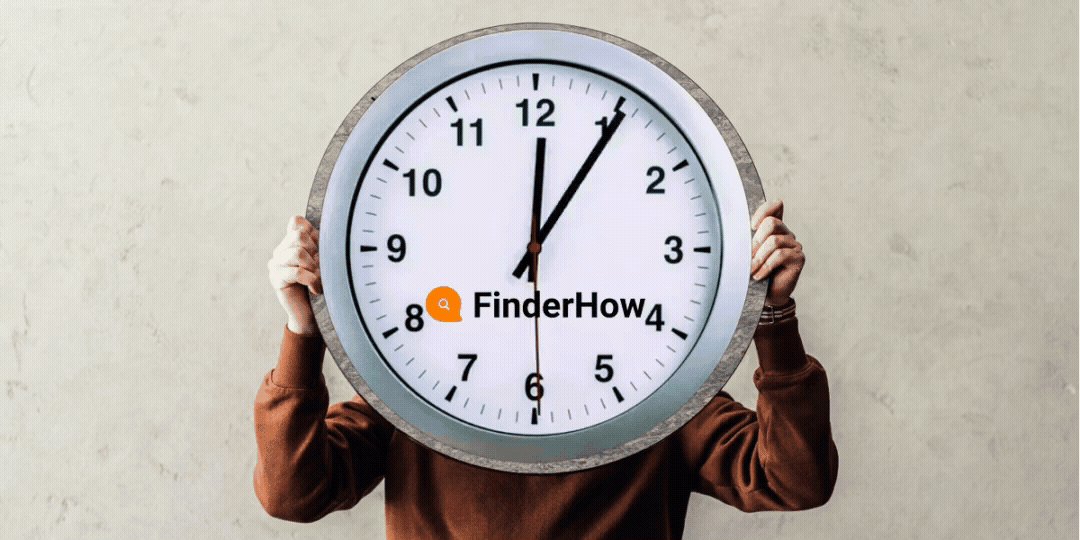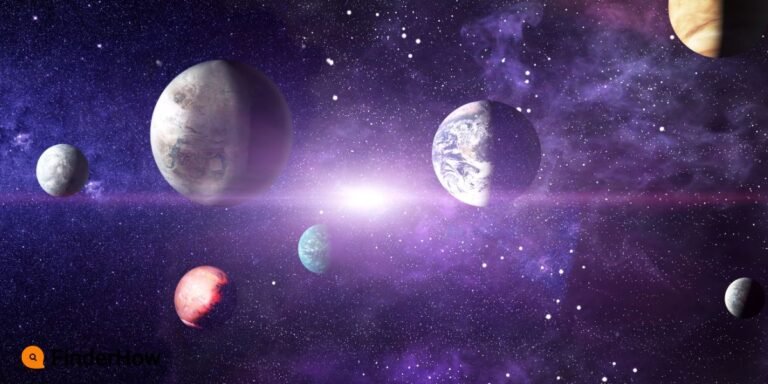Why does it feel like time is moving faster?
Time is a fundamental concept that has puzzled humans for centuries. It is a measure of the duration between events, and it is often referred to as the fourth dimension. Time can be defined as a continuous progression of events that occur in an irreversible sequence. It is a concept that is used to describe the order and duration of events, and it plays a crucial role in our understanding of the universe.
The measurement of time is done using various methods, including astronomical observations, atomic clocks, and mechanical devices. The most commonly used unit of time is the second, which is defined as the duration of 9,192,631,770 periods of the radiation corresponding to the transition between two hyperfine levels of the ground state of the caesium-133 atom. This definition was adopted by the International System of Units (SI) in 1967 and is still in use today.
The concept of time has been studied extensively by philosophers, physicists, and mathematicians throughout history. One of the most famous theories about time was proposed by Albert Einstein in his theory of relativity. According to Einstein’s theory, time is not absolute but rather relative to an observer’s motion and gravitational field. This means that time can appear to move slower or faster depending on one’s position and velocity.
Another important aspect of time is its directionality. Time only moves forward and cannot be reversed, which is known as the arrow of time. This concept has been studied extensively in physics and has led to theories about entropy and the heat death of the universe.

So is time really Moving Faster?
Time perception is a subjective experience that varies depending on a variety of factors, including age, attention, emotion, and memory. It is widely accepted that time does not actually change or move faster or slower, but our perception of it can be influenced by external factors.
One possible explanation for the feeling that time is moving faster than before is that as we age, our perception of time changes. This is because when we are young, we experience many new and novel experiences that require more attention and processing power from our brains. As we get older, we tend to fall into routines and experience fewer new things, which can make time feel like it’s passing more quickly.
Another factor that can influence time perception is attention. When we are engaged in activities that require our full attention, such as learning a new skill or solving a complex problem, time can seem to slow down. Conversely, when we are bored or engaged in activities that do not require much mental effort, time can seem to speed up.
Emotion also plays a role in time perception. When we are experiencing positive emotions such as joy or excitement, time can seem to fly by. Conversely, when we are experiencing negative emotions such as anxiety or fear, time can seem to drag on.
Finally, memory can also influence our perception of time. When we look back on past events, our memories of them can be distorted by the passage of time and our current emotional state. This can make it seem like certain periods of our lives were shorter or longer than they actually were.
In conclusion:
While it may feel like time is moving faster than before, this is likely due to changes in our perception of time rather than any actual change in the nature of time itself.







